As the Indian philanthropic sector is witnessing a significant transformation, NGOs in India need to manage their own well-being so they can improve their human resources, finances, communications, and information technology operations to ensure their own sustainability, writes senior bureaucrat and author Dr Heera Lal.
India, as a nation, has always been progressive, in constant pursuit of achieving a better tomorrow for all its citizens. The social sector, driven by non-governmental organisations (NGOs) and civil society organisations (CSOs), has been playing a vital role in this transformative journey by serving as a catalyst for inclusive development in all communities.
This sector has been working tirelessly to uplift the marginalised and vulnerable communities of the country that often get left behind. NGOs have proven to be instrumental in addressing the diverse challenges faced by India from time to time and driving a positive social impact.
NGOs operate across various sectors, including agriculture, gender, education, healthcare, and climate change, among others, and contribute to the overall well-being of the nation. India, with its vast population, varied cultures, and complex socio-economic landscape, greatly relies on NGOs to bridge gaps, uplift marginalised communities, and foster holistic development.
Why NGOs
These organisations are uniquely positioned to reach the most vulnerable groups, as they have the experience and knowledge to do so even when formal institutions cannot. They also have a deep understanding of local best practices and models, which makes them well-equipped to implement effective solutions.
The social sector has always played an imperative role in the development of the state. NGOs play a crucial role in advocating for the rights of vulnerable groups, including women, children, the elderly, and disadvantaged communities. NGOs have been helping implement grassroots initiatives and ensuring that the needs of local communities are met, and their voices are heard. India has set several targets for social development in sectors including public health, poverty alleviation, and education.
The OECD Better Life Index emphasises inclusion as a crucial indicator of a country's overall growth and prosperity. It underscores that a nation's success goes beyond economic metrics and should encompass factors like social cohesion, equal opportunities, and reduced inequality.
The index acknowledges that societies fostering inclusivity tend to experience higher well-being, improved quality of life, and sustainable development, reflecting a holistic approach to measuring a country's advancement. CSOs, working in the social sector, have joined forces with the government to ensure the upliftment of the marginalised sections of society and build the country from the grassroots upward.
A collaborative strategy involving crucial stakeholders within the social sector ecosystem would be appropriate to consider. Leveraging the knowledge and influence of various stakeholders can facilitate the provision of financial support and technical knowledge to enhance the capabilities of CSOs.
For instance, The GROW Fund by EdelGive Foundation brought multiple funder organisations together to support 100 NGOs from all over India, working in different domains such as climate, animal welfare, education, gender rights, health, and poverty. Through a collaborative approach, The GROW Fund delivered training sessions around capacity building, thereby helping the NGOs identify their areas of improvement and take the necessary steps to act on them.
Efficiency and outcome
Enhancing the capacity of NGOs enables them to work more efficiently and effectively on the ground. With improved skills, resources, and infrastructure, NGOs can implement innovative solutions, mobilise communities, and deliver targeted interventions. This, in turn, translates into tangible outcomes such as improved healthcare, education, livelihood opportunities, and social inclusion. Supporting the capacity building of NGOs holds immense potential for the entire nation, accelerating the achievement of socio-development goals and fostering a more equitable and participatory society.
There is an urgency to create a sustainable flow of funds for NGOs to ensure a conducive environment for their overall growth and development and to understand how the social sector landscape is transforming with respect to fostering relevant partnerships in the ecosystem.
As the Indian philanthropic sector is witnessing a significant transformation, NGOs in India need to manage their own well-being so they can improve their human resources, finances, communications, and information technology operations to ensure their own sustainability. An appropriate management strategy in the philanthropy sector could be a game-changer, and there is a pressing need to realise its significance and leverage its potential.
As we embark on the path to elevating India to unprecedented heights, it becomes paramount to invest in the growth and capabilities of NGOs to unlock our country’s full potential. By harnessing the collective strength of the public, private, and social sectors, we have the potential to propel India into a new era of transformation, solidifying our nation's standing as a formidable force.
—The author, Dr Heera Lal, is a senior IAS officer, and a Social Media Influencer for Public Goods and climate action leader. The views expressed are personal.
For reference link : https://www.cnbctv18.com/economy/oecd-better-life-index-india-social-sector-unleashing-the-potential-of-ngos-csos-18320421.htm

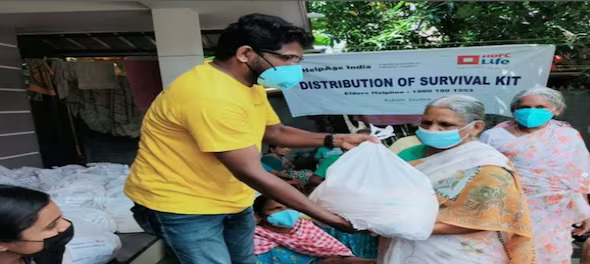









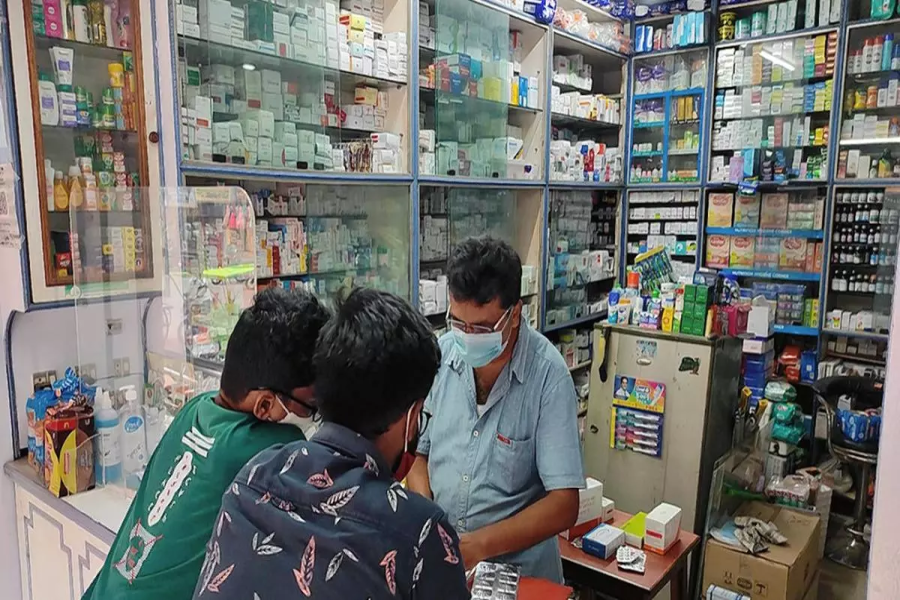
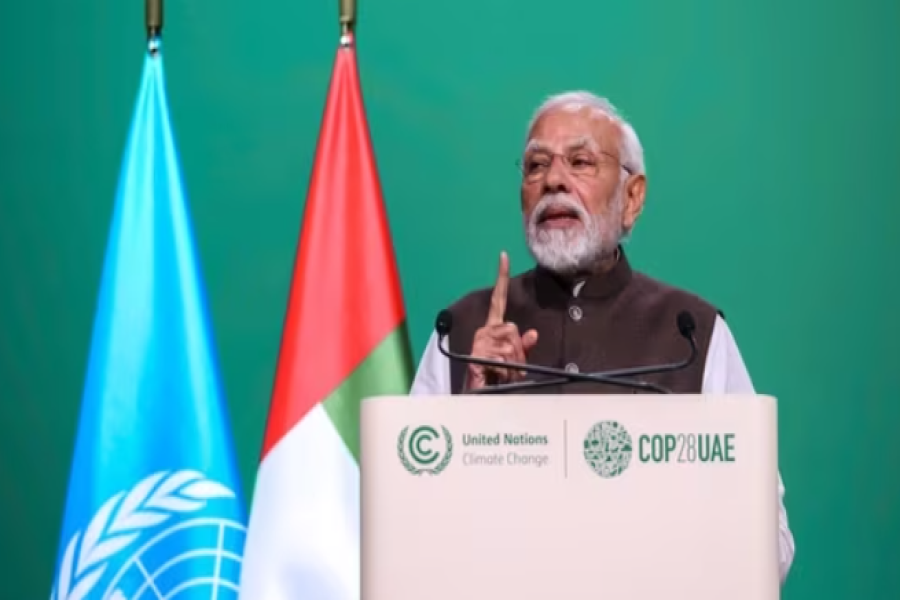
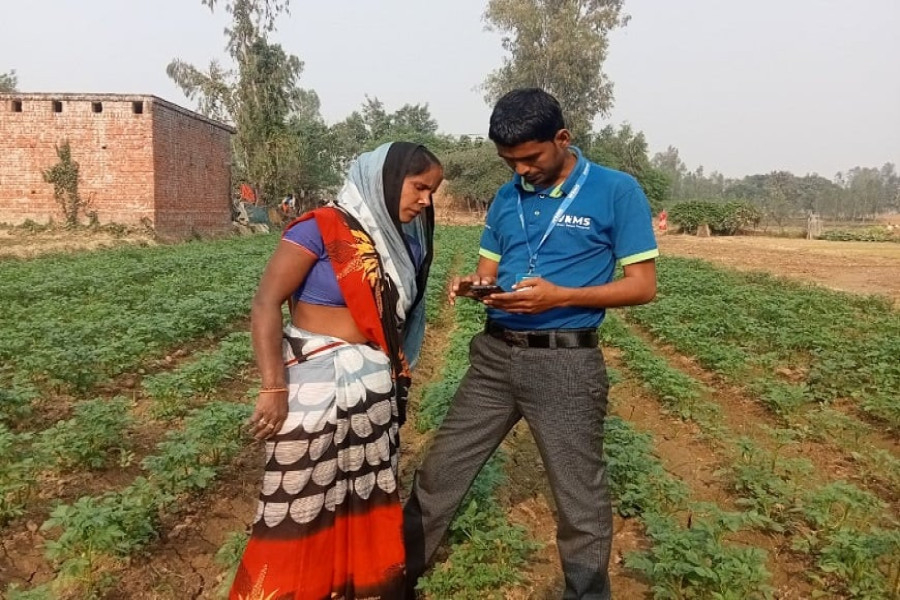
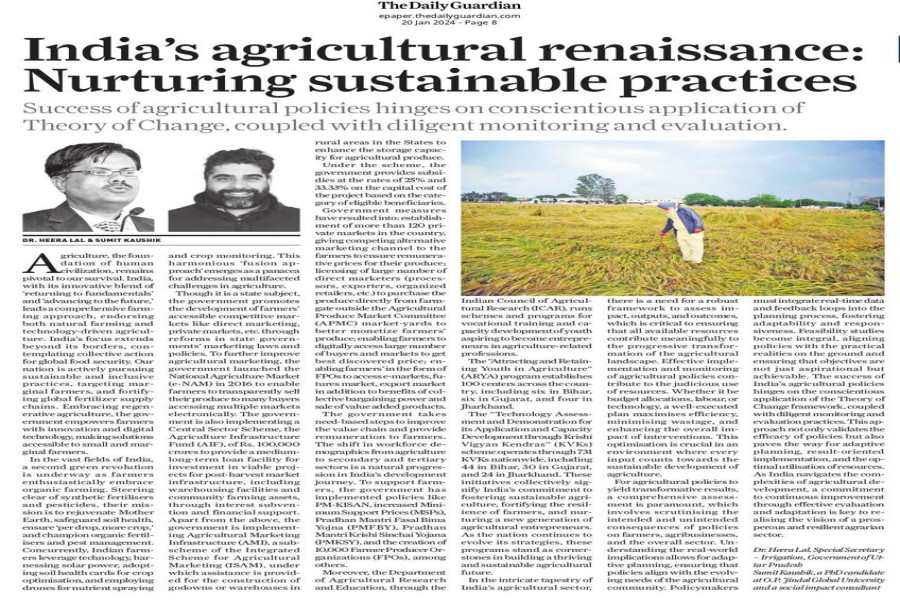




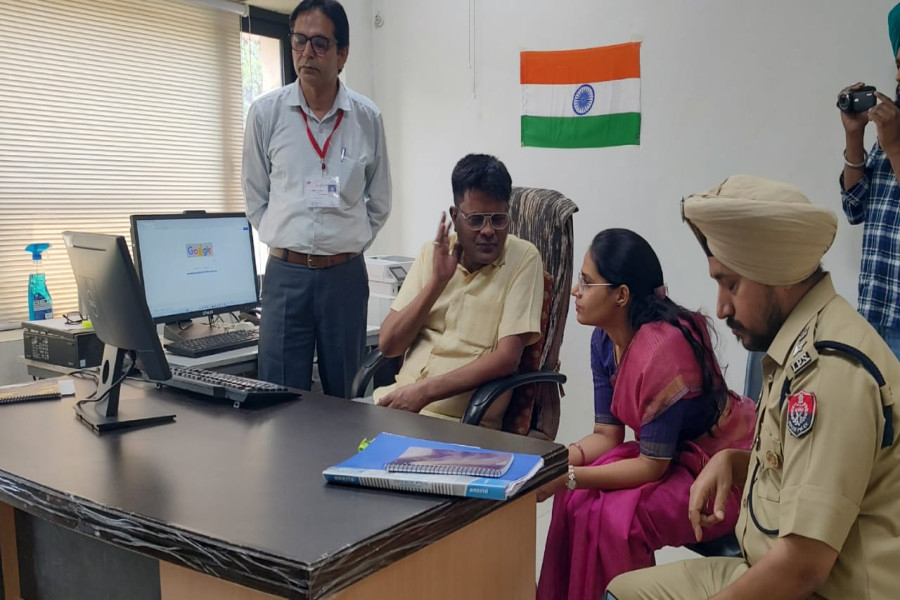


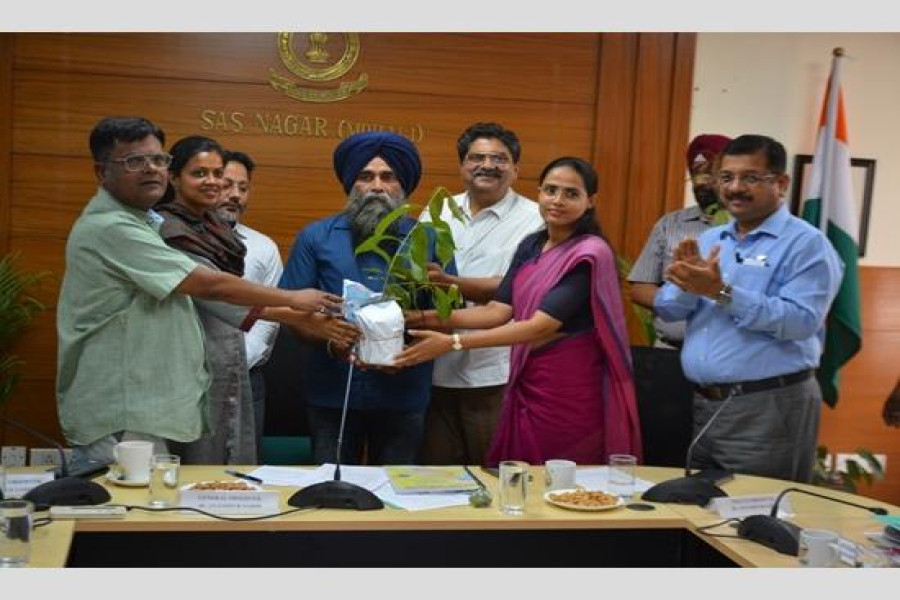

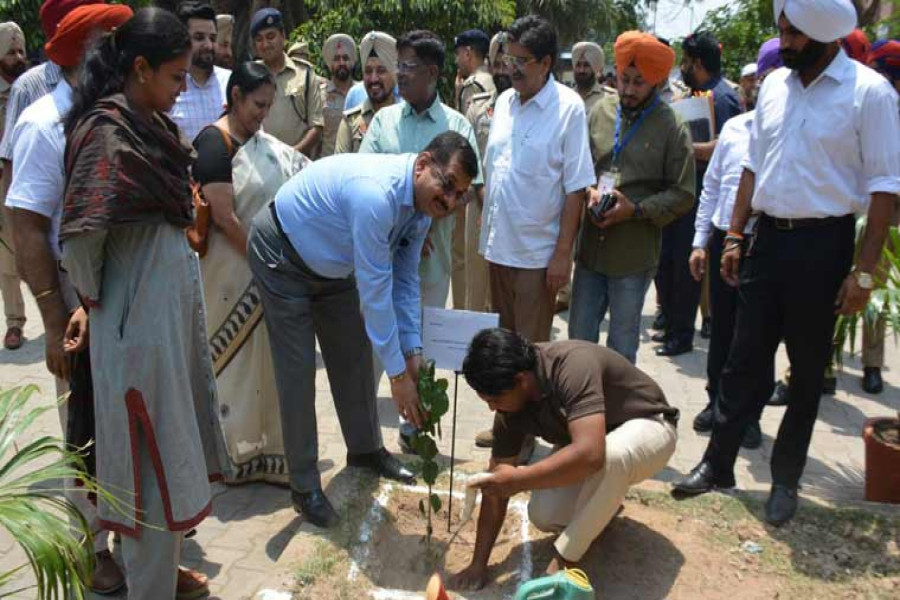


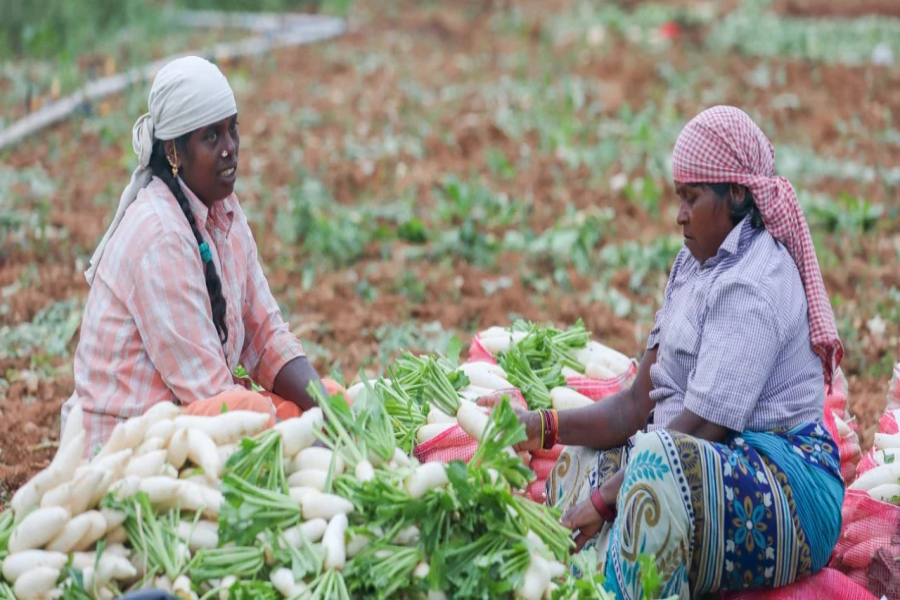


.jpg)